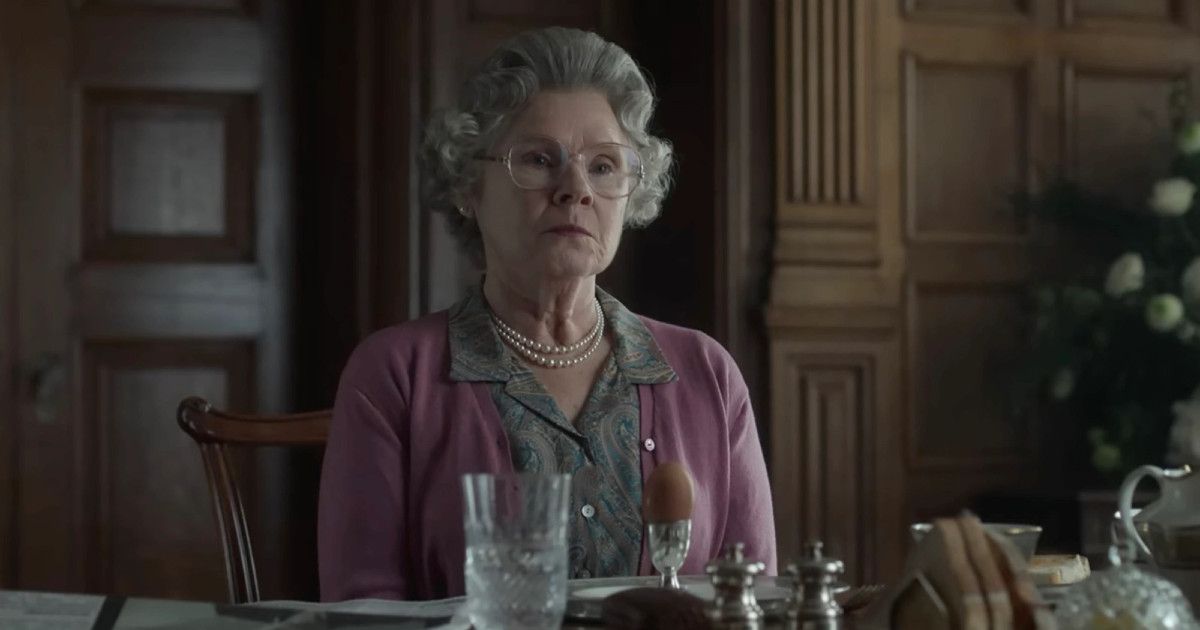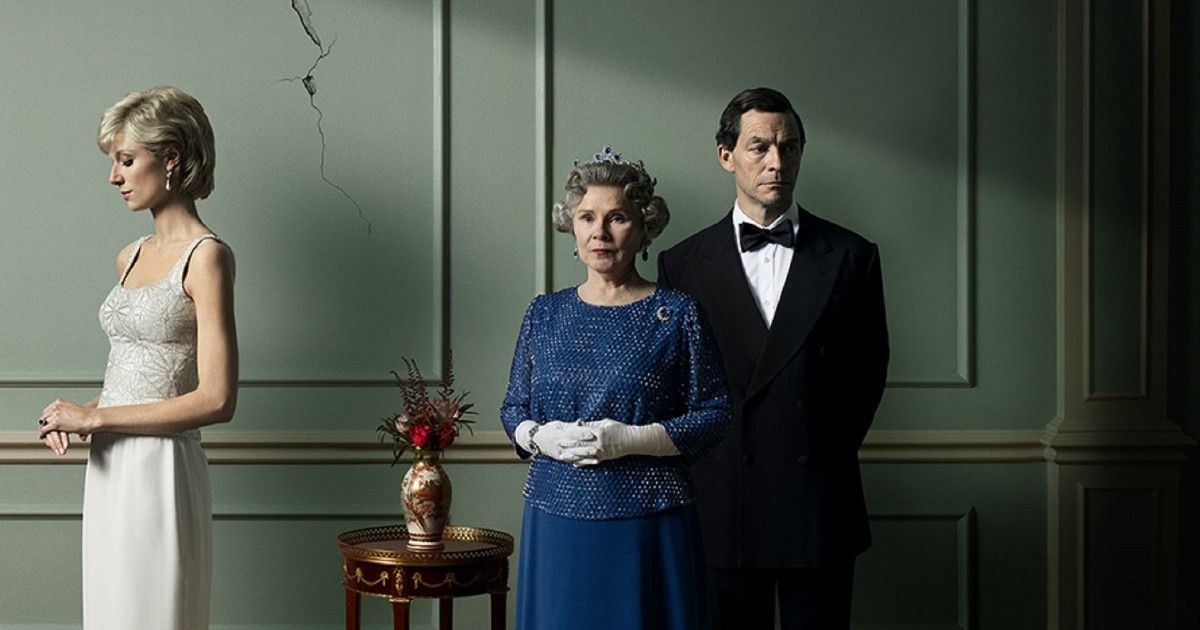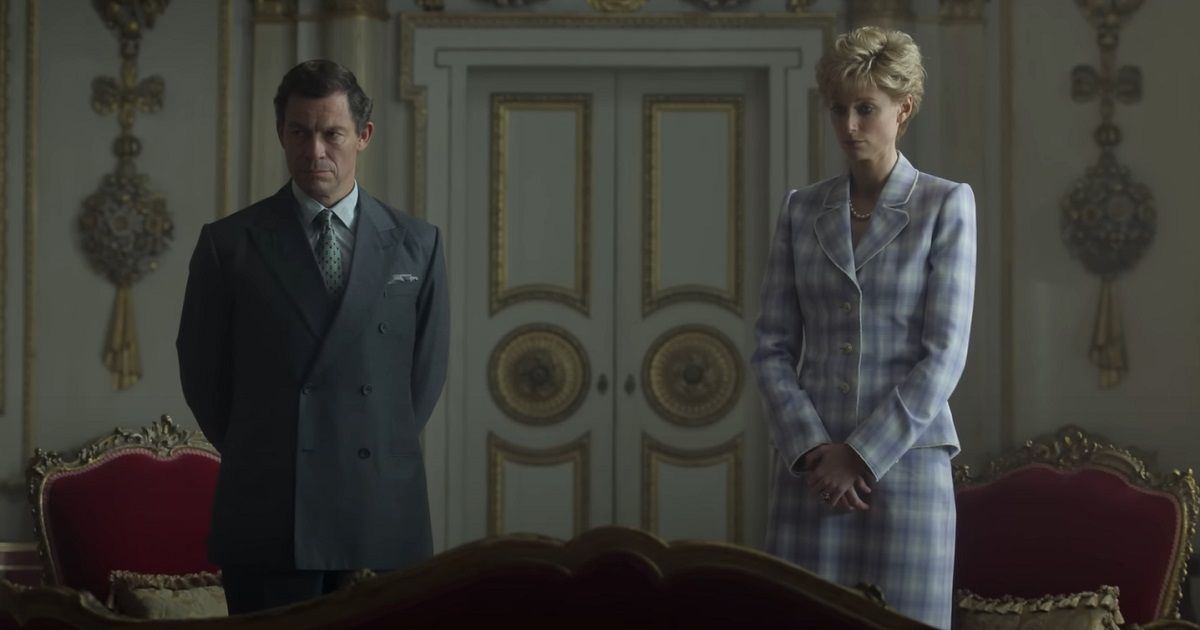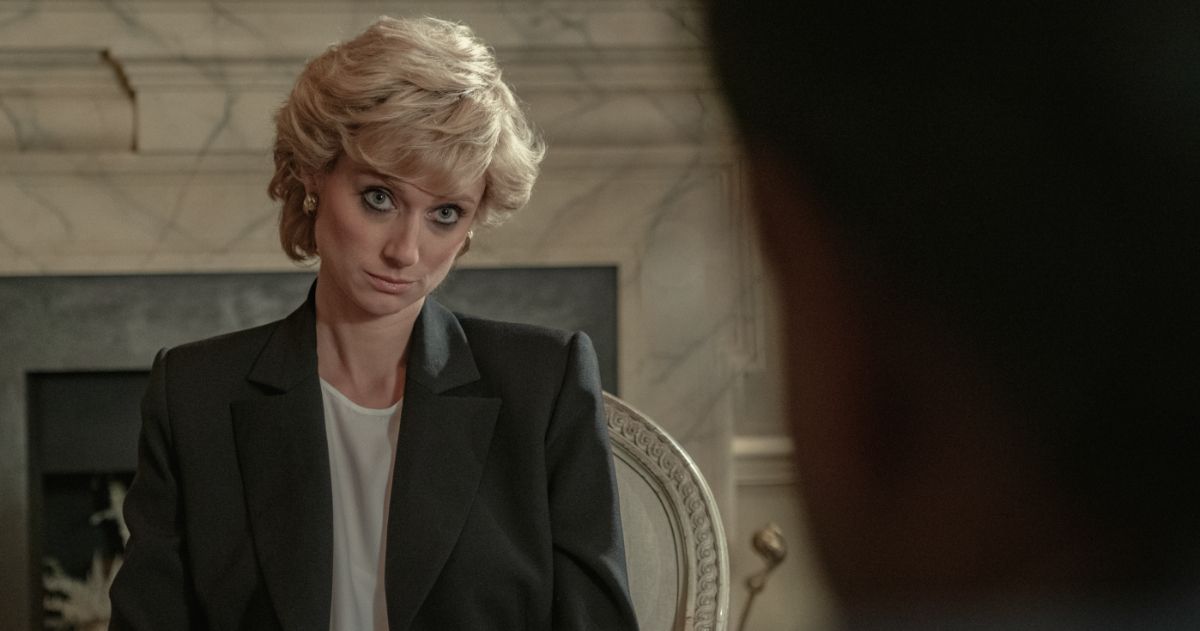The Crown's fifth season was released on Netflix earlier this month. The series has now reached the 1990s, and in this season, we see the wheels beginning to come off the royal bandwagon, with Charles (Dominic West) and Diana (Elizabeth Debicki) getting a very acrimonious divorce, and elements of the British press offering unsubtle hints that Queen Elizabeth (Imelda Staunton), having been on the throne too long, should abdicate in favor of Charles.
The season ends with the handover of the British territory of Hong Kong to China in the summer of 1997. This event was heralded at the time as signifying the end of the British Empire.
But one aspect of the season that, at the time it occurred, attracted as much comment as either of these developments was the "annus horribilis" speech Elizabeth delivered to the British nation in 1992. The speech has gone down in history for all the wrong reasons. What was it all about, and why did it create as many problems for the Royal Family as it solved? Here's everything to know about one of Queen Elizabeth's rare flubs during her record-breaking reign.
The Fire at Windsor Castle
1992 was not a good year for Queen Elizabeth. In the spring, her son, Prince Andrew, announced his separation from his wife, Sarah, after details emerged in the British tabloid press of her affair with a Texan businessman. Just a few weeks later, Princess Anne divorced Captain Mark Phillips, her husband of nineteen years, after years of marital problems that included the revelation that Phillips had fathered a child with another woman a few years previously.
Worse was to come. In June, a biography of Princess Diana, Diana: Her True Story, was published by journalist Andrew Morton with Diana's unofficial involvement, which contained lurid details of the many tensions in Diana's marriage with Prince Charles. It also brought to wider public recognition the fact that Charles had had an affair with Camilla Parker Bowles (who he would later marry).
But the worst episode of the year had nothing to do with the Queen's children. On November 20th, a fire broke out at Elizabeth's chief residence, Windsor Castle. Over 200 firefighters responded to the blaze, which gutted the medieval St. George's Hall, and destroyed several works of art. Two days later, Queen Elizabeth gave her speech.
The Queen and Her 'Annus Horribilis'
It was not so much the contents of the speech that made the headlines but a single phrase Elizabeth used during it that caused so much confusion (and bemusement). During her address at London's Guildhall, the Queen described the year as having been an "annus horribilis" for her.
Cue a great deal of head-scratching and blank faces from journalists and onlookers. As Latin was not exactly a popular subject of study in 1990s Britain, most commentators had to reach for a dictionary to work out that "annus horribilis" translated into English as "horrible year." The sentiment was, of course, heartfelt but completely missed its mark, as most of those listening could only guess its meaning.
As The Crown has demonstrated, after so many years spared critical scrutiny, the Royal Family began to be the target of sustained criticism in the British press during the 1990s. This was due to a slew of affairs, the Queen's privileged tax status, and several other lurid scandals. But the "annus horribilis" speech acted as something of a turning point, cementing in the British psyche an image of the Royal Family as hopelessly archaic and out of touch. An image that the family's bungled handling of the death of Princess Diana did little to dispel and which it took the better part of a decade for the institution to recover from.
The Crown’s Cavalier Approach to History
This season of The Crown has attracted as many detractors as it has admirers, not because of the production values or the acting (both of which are excellent), but because of its cavalier attitude to historical accuracy. Even former British Prime Minister John Major -- who succeeded Margaret Thatcher in the office and was PM during the events depicted during the fifth season -- weighed in earlier this month, describing the season's controversy as "damaging and malicious fiction."
However, there's no arguing with success, and this season has laid the foundations for the sixth and final season, filming of which is already underway. As is inevitable, it will deal with the death of Princess Diana in a car accident in Paris in 1997, as well as the changing face of the British monarchy in the early twenty-first century. The final season is scheduled for release in 2023.




